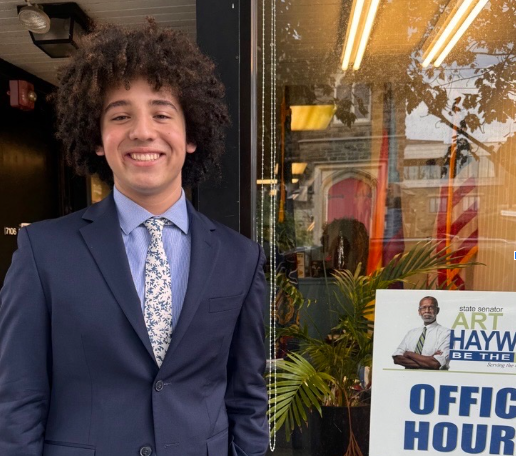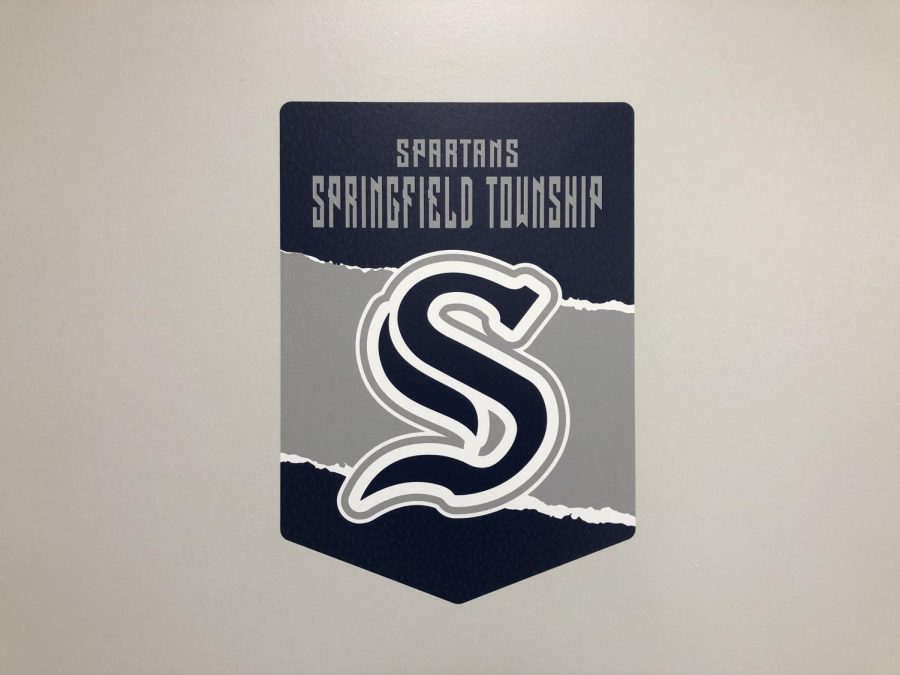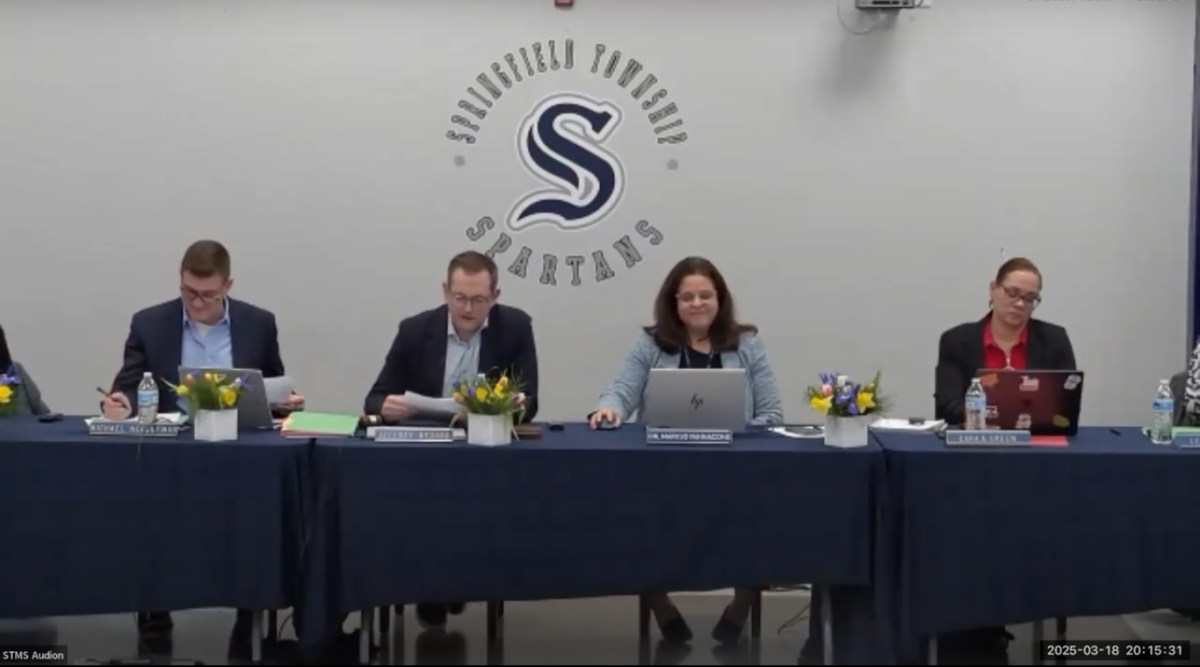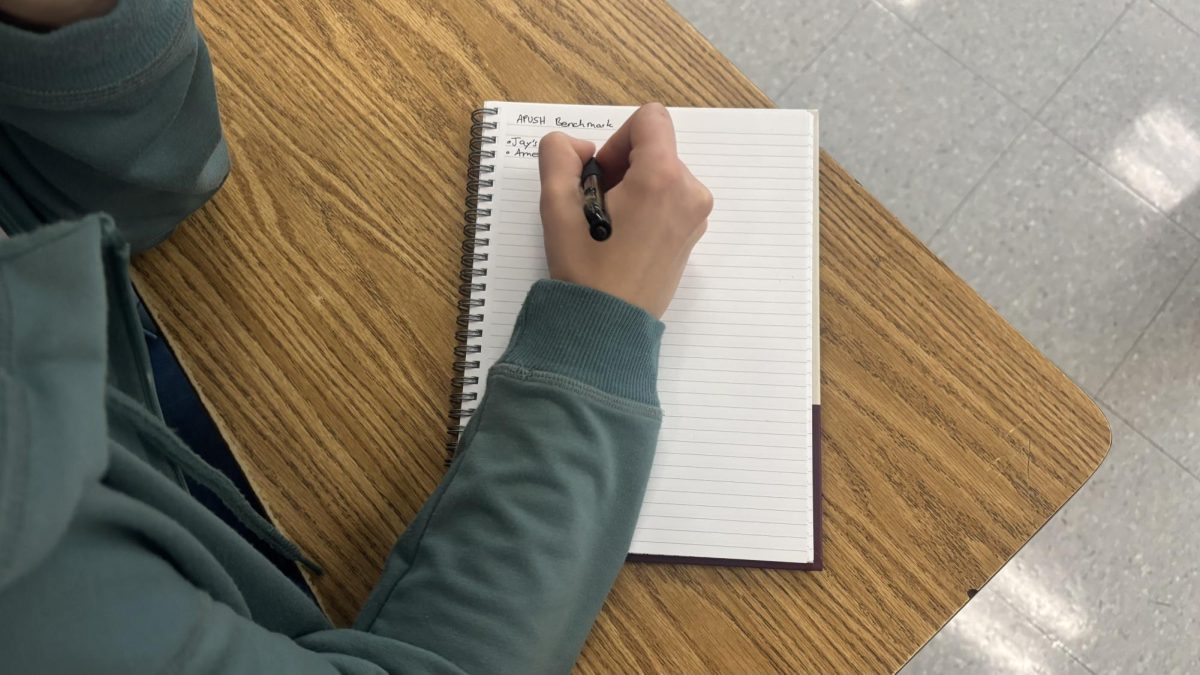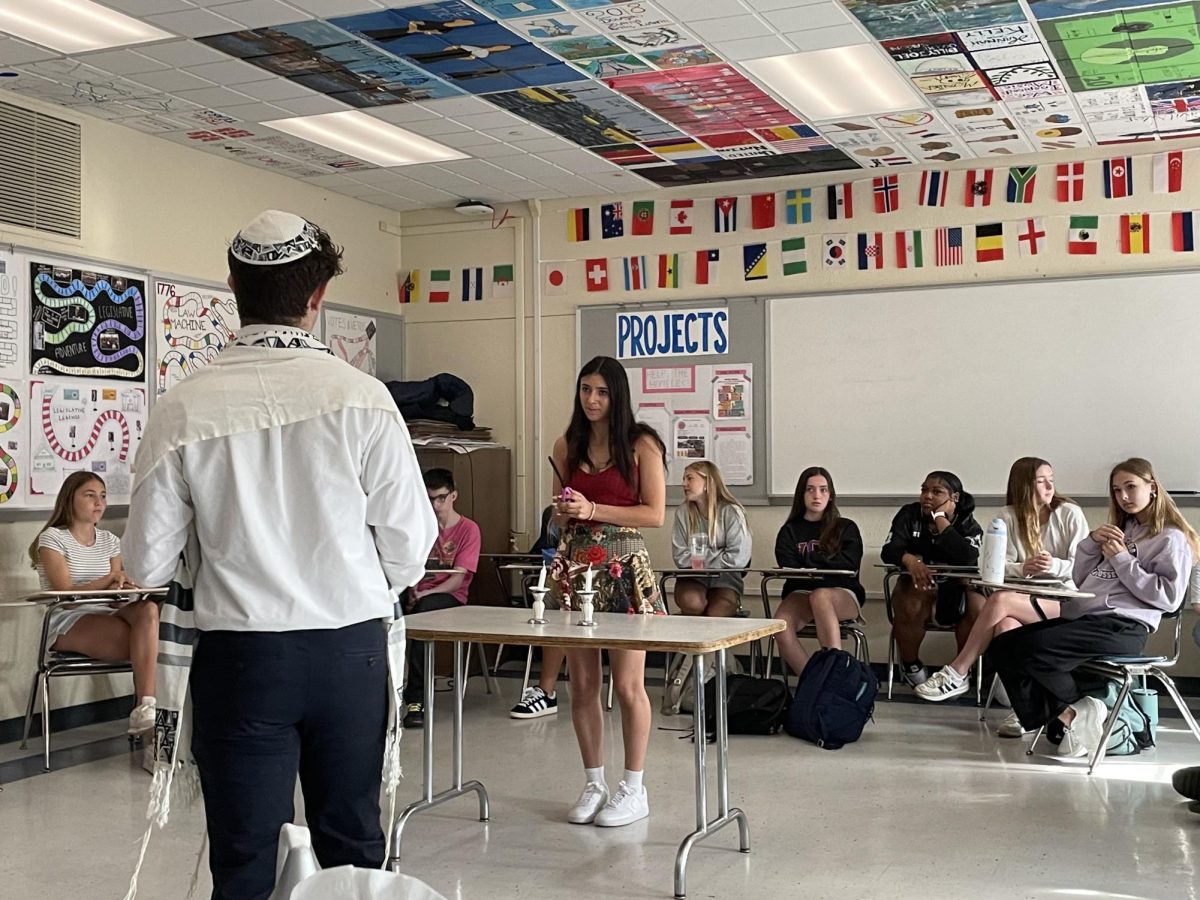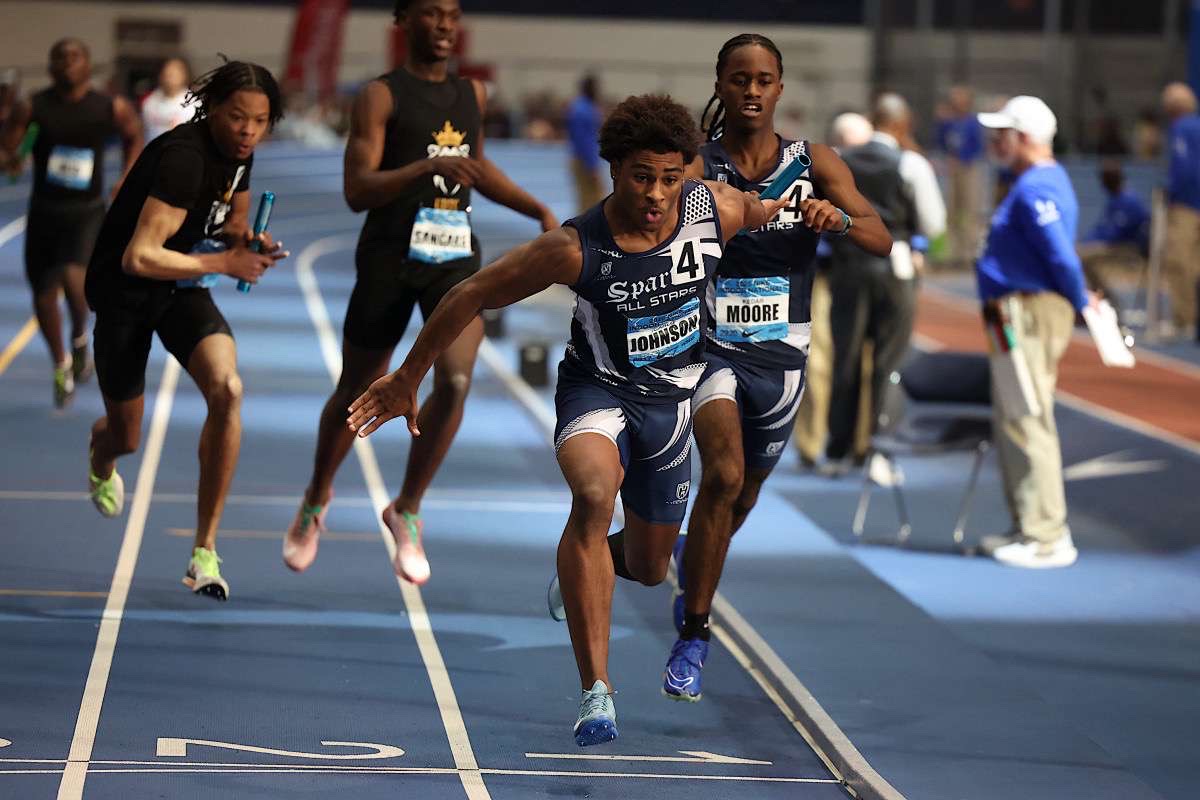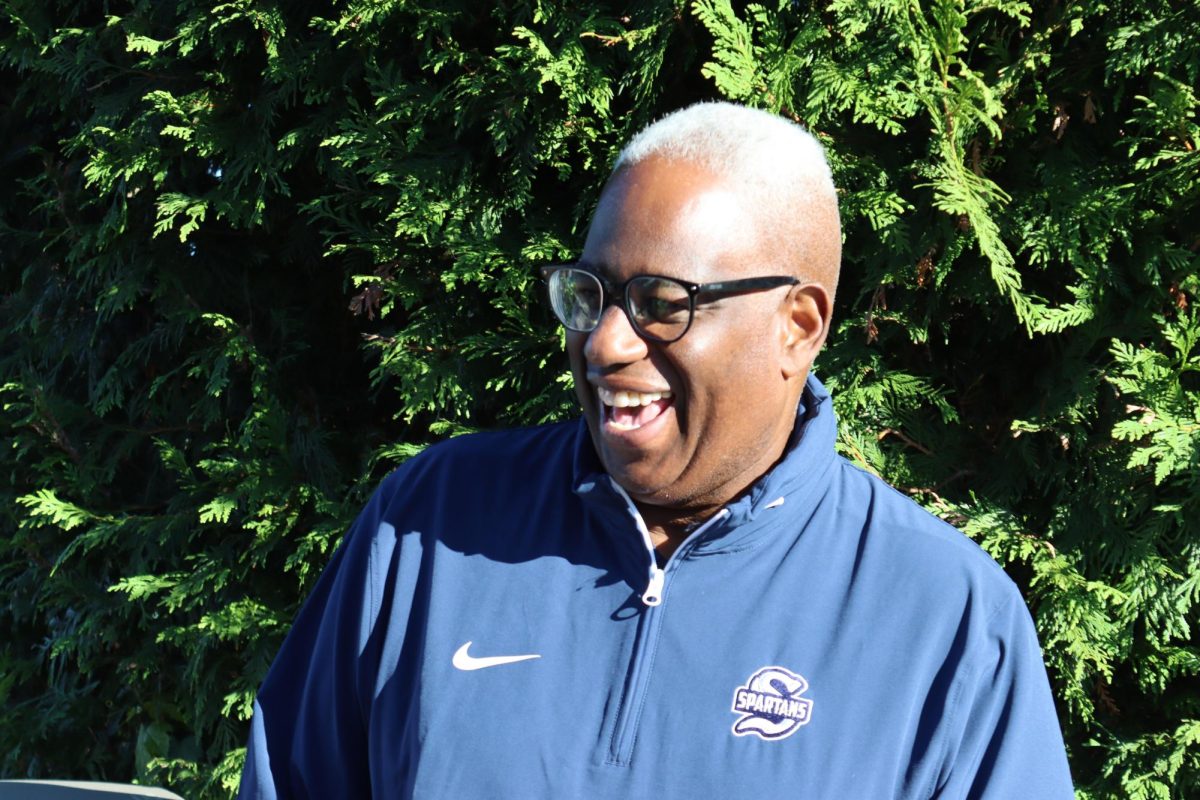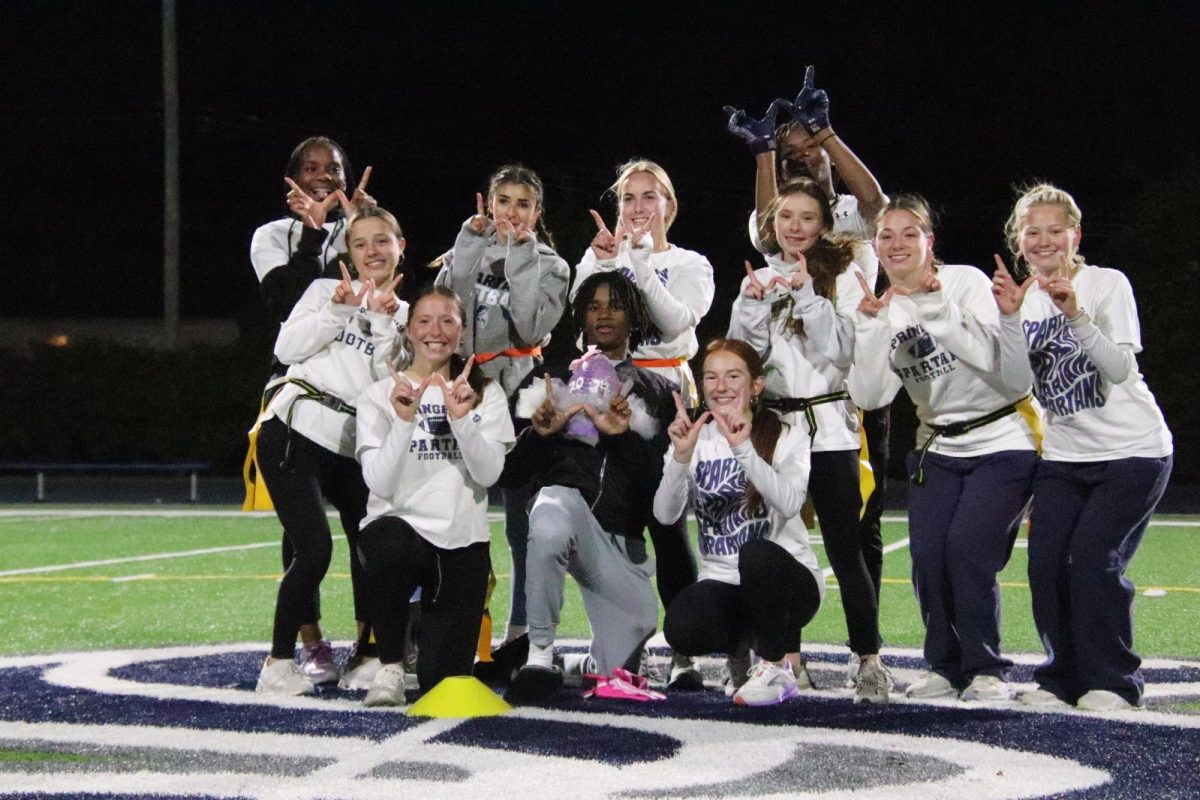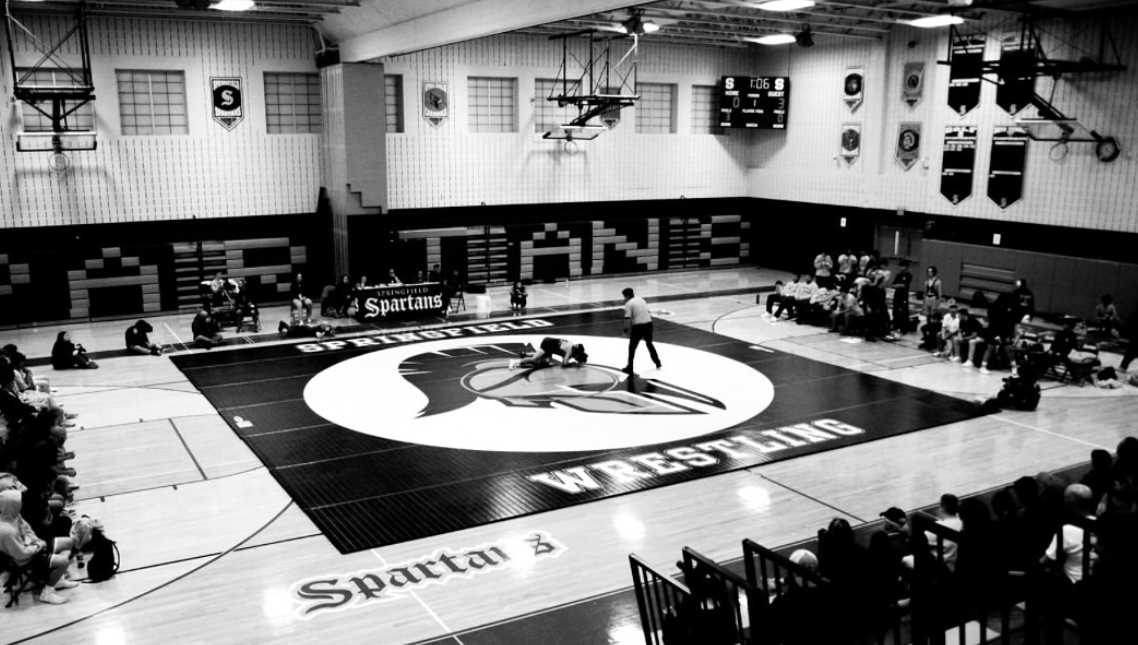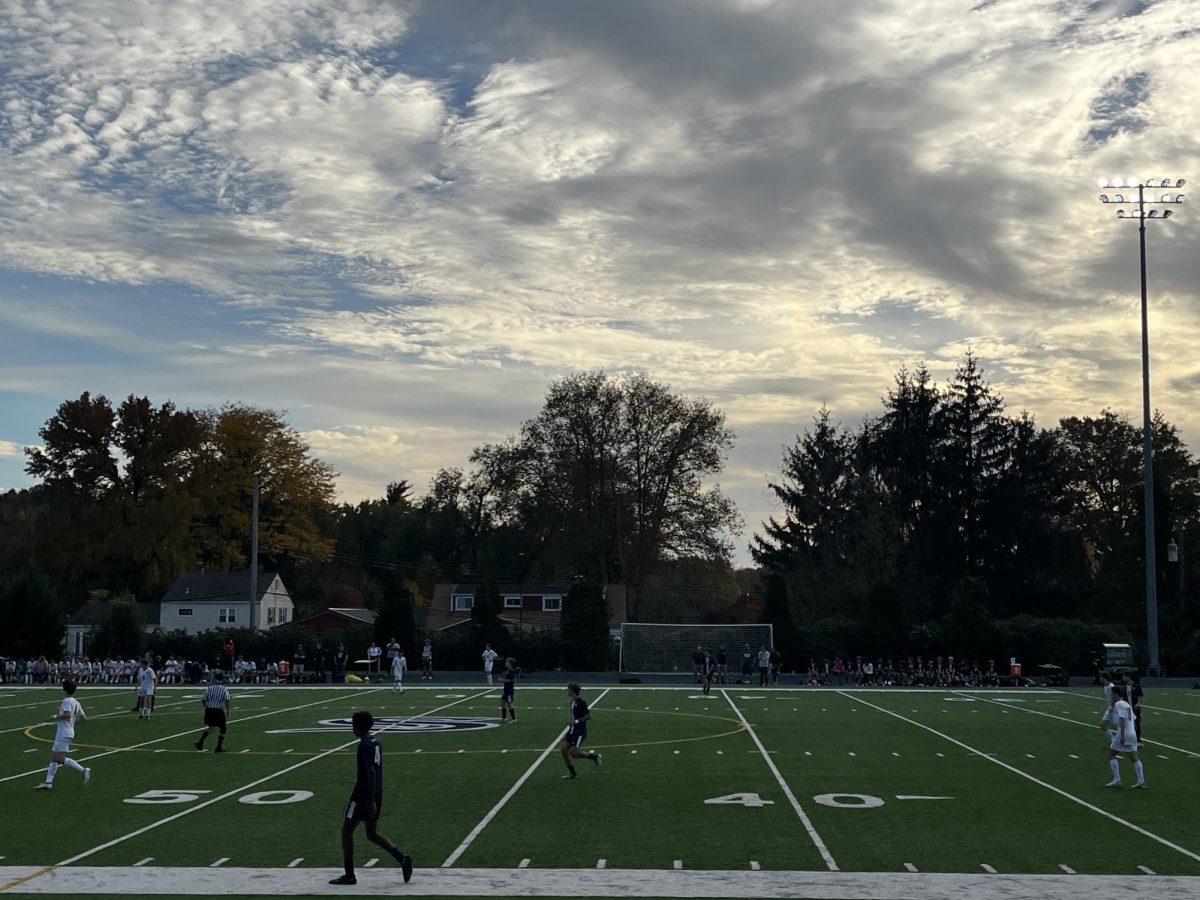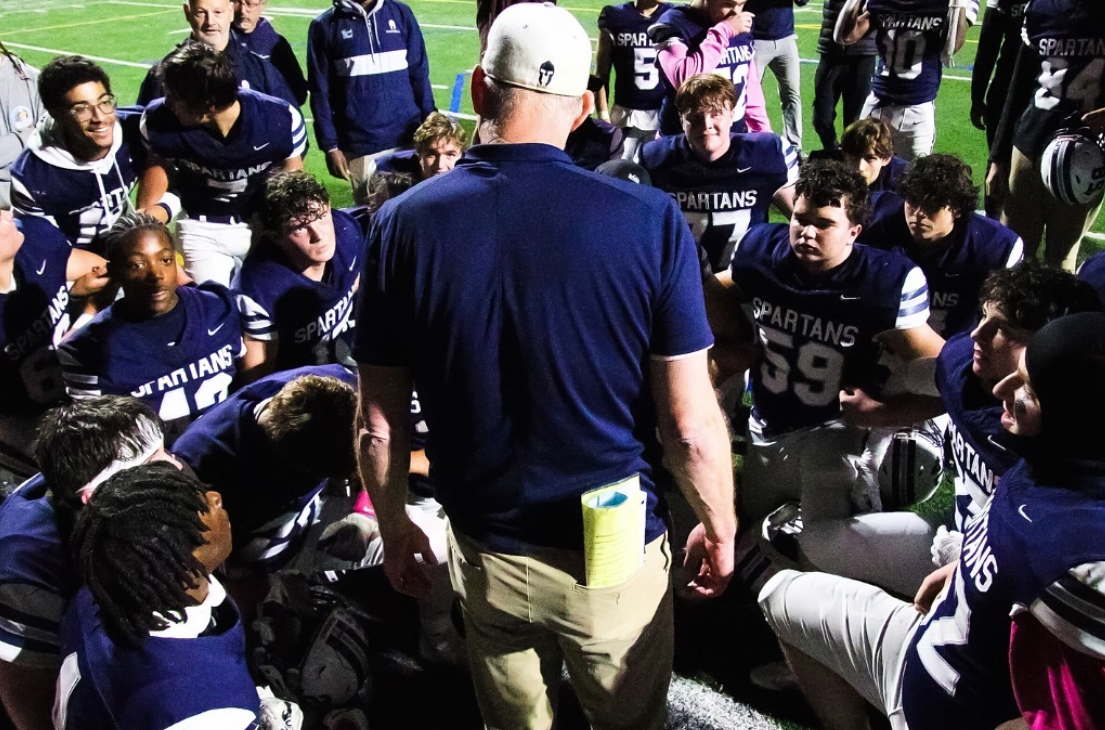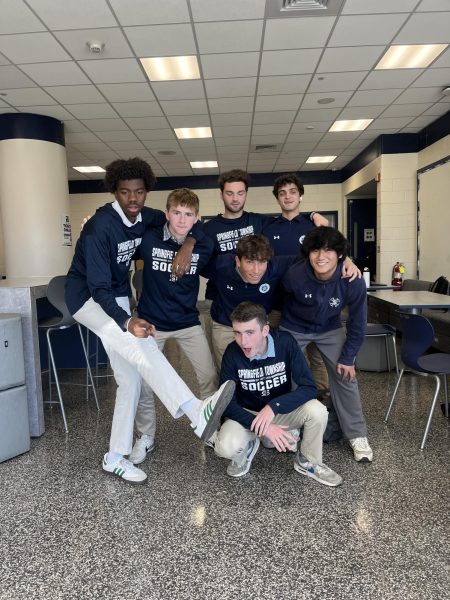
Several teams made it to districts this fall, including big wins from the girls and boys water polo teams. The girls team won their third straight small-school state championship and the boys placed second. The field hockey team also had a great season; the girls soccer team qualified for districts, and the boys soccer team’s season placed second in the state.
With all the success Springfield teams have had over the past few years, it’s hard to pinpoint the source of their accomplishments. Even though the excellent coaching, district management, and player’s skills must be considered, a factor often overlooked is the supportive environment of Spartan sports teams. Springfield is a small school compared to the surrounding districts, so it’s surprising how large each sport’s roster has become.
With over 50 people on the boys soccer team, Justin Whang, a junior, attributed much of the team’s success to the support that such a big team can provide. He said that losing to “Radnor in the district final was a really heartbreaking moment for all of us because we lost to a team that we all wanted to beat.” That loss meant they failed to claim a second straight district championship, but because they made it to the district final, the team still moved on to states and made it to the championship. The camaraderie that the team has built over the season allowed them to persevere despite the obstacles they faced.
Charlotte Drapkin, a senior on the field hockey team, likewise said that while “many people on the team get sad after a loss, it only motivates them to beat them next time we play.” Field hockey had a great season, and the players are “excited for the next” one.
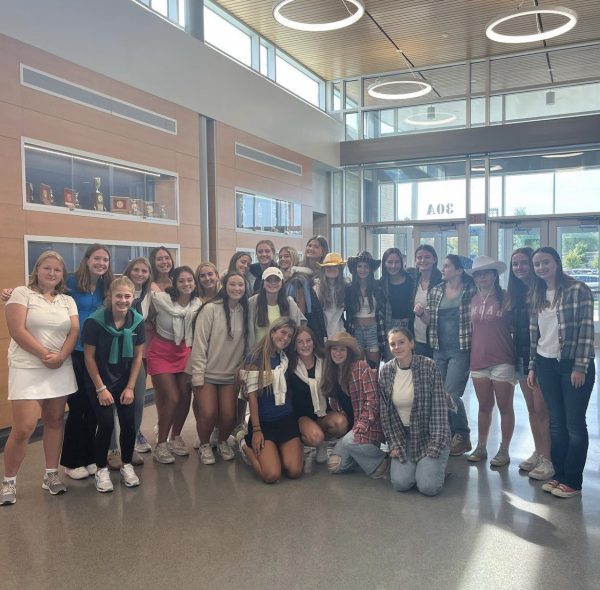
Alana Decker, a senior, says that the girls soccer team “always tried to turn bad situations into good situations and maintain a smile.” Decker cited an instance where the team danced at halftime despite being three goals down. She says the “team only got closer throughout the season and ended up having a great time together.”
Similarly, junior Jess Shapley of the water polo team says, “the bigger the team, the more close-knit it can be because there’s just more people to know and be friends with.” She says that water polo is an especially tight team because of the nature of the sport. Another junior water polo player, Gavin Lake, agreed, saying, “There’s just more people in the hallway that you know and everyone really gets along.”
Lake added that having that close bond allows players to feel more comfortable on and off the field, or pool in this case, which boosts the performance of the players. Shapley says that by having this close bond, “players are more likely to try their hardest and really give it their all.”
EJ Hendrzak, a senior on the football team, describes the bond between football players similarly, saying the team really “functions as a family” where they all look out for one another.
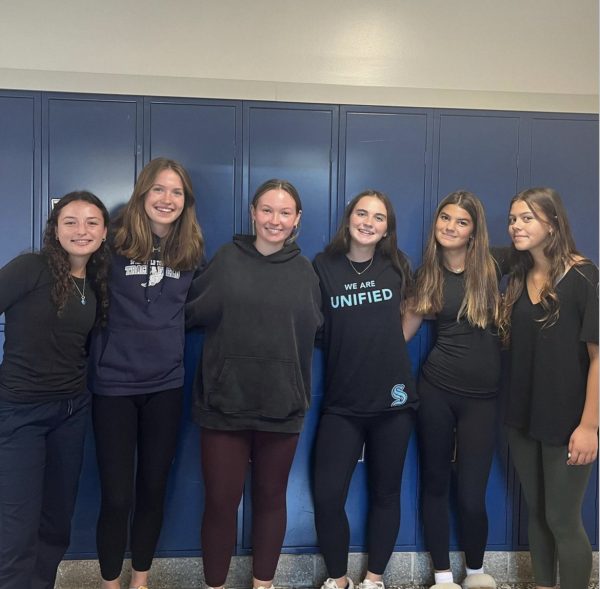
From a more practical standpoint, representatives of the soccer teams and football teams relayed that having a bigger team allows for more specialized practices. Hendrzak says, “By having so many people, we can break into smaller groups and work on specific skills depending on where the player needs to improve.” Decker said splitting up between defense and offense allows players to “work on more specialized drills so that everyone can improve in the areas where they feel that they are lacking.”
Whang said that although the team members are very supportive of one another, there is a “competitive team atmosphere” because “everyone wants to play in the game, but it’s pretty hard to start over the current lineup because they’re very good players.” However, he adds that this pressure “forces players to perform their best during practice” to boost their playing time. Drapkin relayed a similar idea, saying that there is a “competitive environment around playing time” with everyone “trying their best at practices in the hopes that their playing time will be increased.”
No matter the sport, all players relayed similar ideas of being supported and cared for by their teams. Whether due to grueling practices, team dinners, or other activities, the bonds created between players are almost unmatched at Springfield and have been extremely influential in our school’s recent success. The alignment of interests between players allows them to chase unheeded goals and produces great results.


